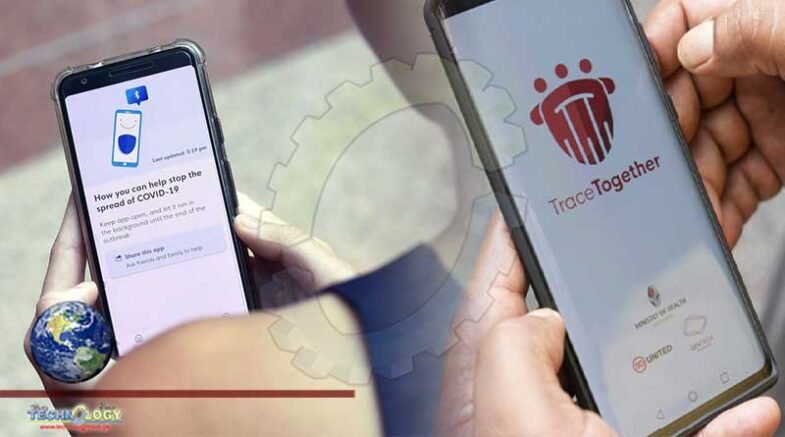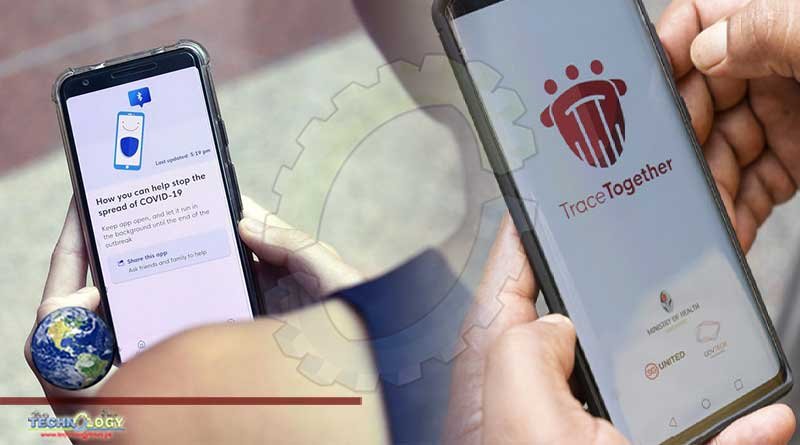TraceTogether app in Singapore has helped to reduce the time taken to isolate contacts of a patient from four days to less than two.

A contact-tracing app in Singapore that’s a key part of the government’s response to the coronavirus pandemic has helped to reduce the time taken to isolate contacts of a patient from four days to less than two, according to an engineer heading the project.
The TraceTogether app has been downloaded on 3.8 million mobile devices in the Asian city-state of 5.7 million people, according to Jason Bay, the senior director who leads the project team at the Government Technology Agency.
While TraceTogether doesn’t generate as comprehensive a set of contacts as manual tracing, more than 10% of contacts identified turned positive during quarantine, showing the technology’s potential, Bay said at a conference.
Singapore has managed to bring the virus under control in recent months following strict measures, including an initial lockdown, requiring mask-wearing, and leaning on technology to assist in contract-tracing. Reflecting that success, the World Economic Forum said this week it’ll hold its 2021 annual meeting in the country instead of its traditional home of Switzerland.
“When we set out to build TraceTogether, we saw an opportunity to leverage a widely-used consumer technology like Bluetooth to make a difference,” Bay said on Tuesday. “Having said that, the biggest challenges in tech are really technical. We were using Bluetooth in an unfamiliar manner, and you don’t know how the technology would evolve and mature.”
Singapore claimed to be among the first countries to roll out a national contact-tracing app using Bluetooth earlier this year, drawing attention from other states trying to battle the pandemic. A number of nations from France to the U.S. also launched apps, though in most places tech failed to deliver.
Originally published at The Edge Singapore
